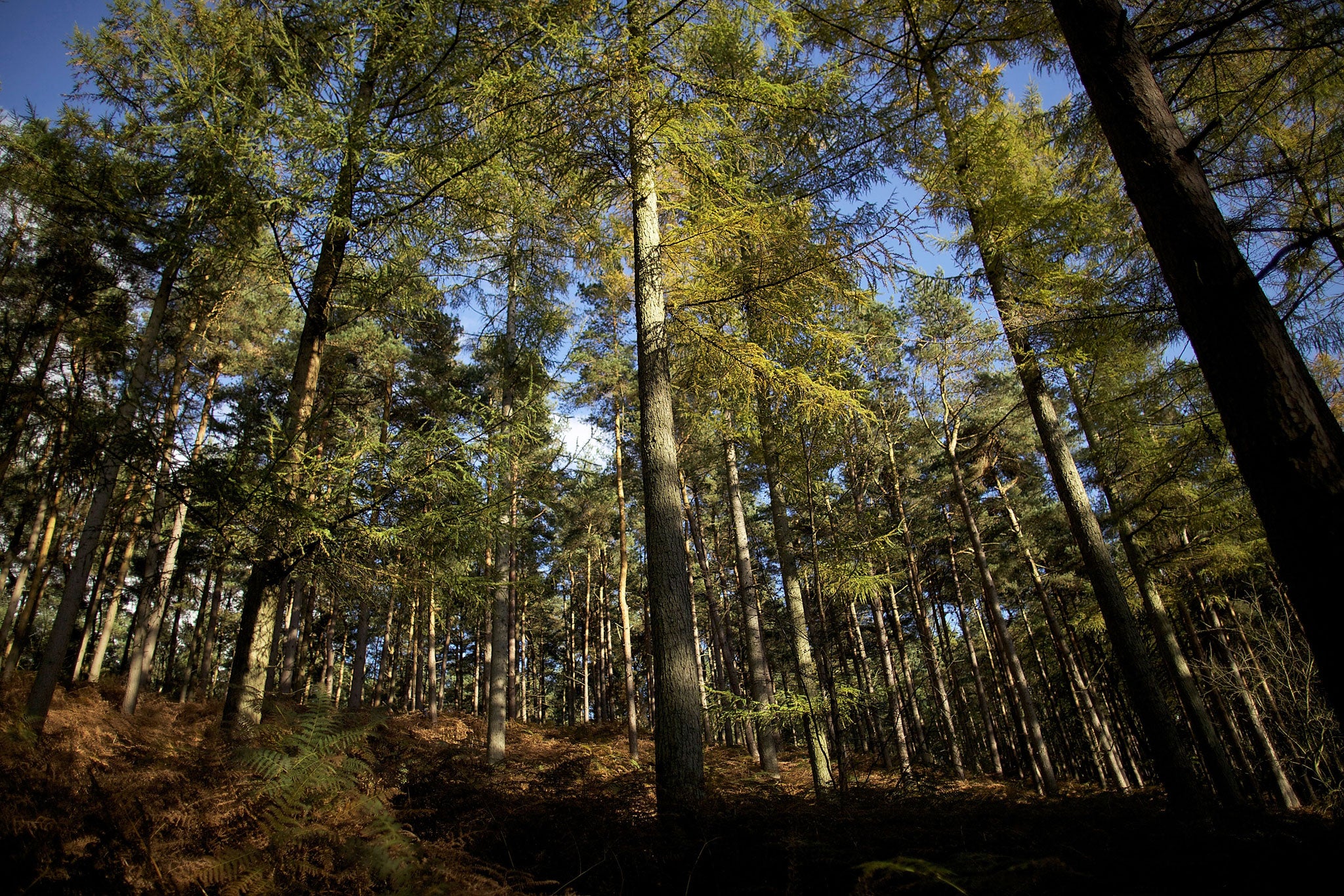Your support helps us to tell the story
From reproductive rights to climate change to Big Tech, The Independent is on the ground when the story is developing. Whether it's investigating the financials of Elon Musk's pro-Trump PAC or producing our latest documentary, 'The A Word', which shines a light on the American women fighting for reproductive rights, we know how important it is to parse out the facts from the messaging.
At such a critical moment in US history, we need reporters on the ground. Your donation allows us to keep sending journalists to speak to both sides of the story.
The Independent is trusted by Americans across the entire political spectrum. And unlike many other quality news outlets, we choose not to lock Americans out of our reporting and analysis with paywalls. We believe quality journalism should be available to everyone, paid for by those who can afford it.
Your support makes all the difference.Business leaders, politicians, environmentalists and academic experts are gathering in Edinburgh today to boost radical efforts to protect the environment by highlighting its economic value.
At the heart of their discussions will be the concept of ‘natural capital’, which is intended to capture the idea that animal, plants and other forms of life, together with the habitats in which they live, have an intrinsic value upon which human society depends for its prosperity and well-being.
For instance, forests provide a source of wood and other so-called ‘ecosystem services’ that offer economic benefits to human communities. Any destruction of such ‘natural capital’ can make us much poorer, and so should be taken into account when making decisions, for instance, about clearing forests for new buildings or roads.
The inaugural World Forum on Natural Capital, organised by the Scottish Wildlife Trust and other groups, will showcase the ways in which governments and companies should take into account the significant positive value of the natural environment.
The concept of natural capital was championed by Pavan Sukhdev and his co-authors in a landmark 2010 report on ‘The Economics of Ecosystems and Biodiversity. Its main conclusion was: “The invisibility of many of nature’s services to the economy results in widespread neglect of natural capital, leading to decisions that degrade ecosystem services and biodiversity. The destruction of nature has now reached levels where serious social and economic costs are being felt and will be felt at an accelerating pace if we continue with ‘business as usual’.”
It led the Department for Environment, Food and Rural Affairs to establish in 2012 the Natural Capital Committee, chaired by the economist Dieter Helm, who is Professor of Energy Policy at the University of Oxford.
The Committee published its assessment of ‘The State of Natural Capital’ earlier this year, warning: “Natural capital is enormously important to the economy and yet it is largely omitted from national economic indicators as well as from most corporate and government policy decisions. The consequence is that resources are not being allocated efficiently within the economy and opportunities for significant gains in wellbeing and future growth are being lost.”
However, it remains to be seen whether Professor Helm and the rest of the Committee can persuade the Chancellor of the Exchequer and other members of the Government to recognise the economic cost of policies which boost growth by destroying natural capital.
Two years ago, Mr Osborne told the Conservative Party conference: “We are not going to save the planet by putting our country out of business”. And today, we have learned of allegations that the Prime Minister has referred to levies which promote renewable energy as “green crap”. That is exactly the kind of muddled thinking that will ruin us all.
Bob Ward is policy and communications director at the Grantham Research Institute on Climate Change and the Environment at London School of Economics and Political Science

Join our commenting forum
Join thought-provoking conversations, follow other Independent readers and see their replies
Comments